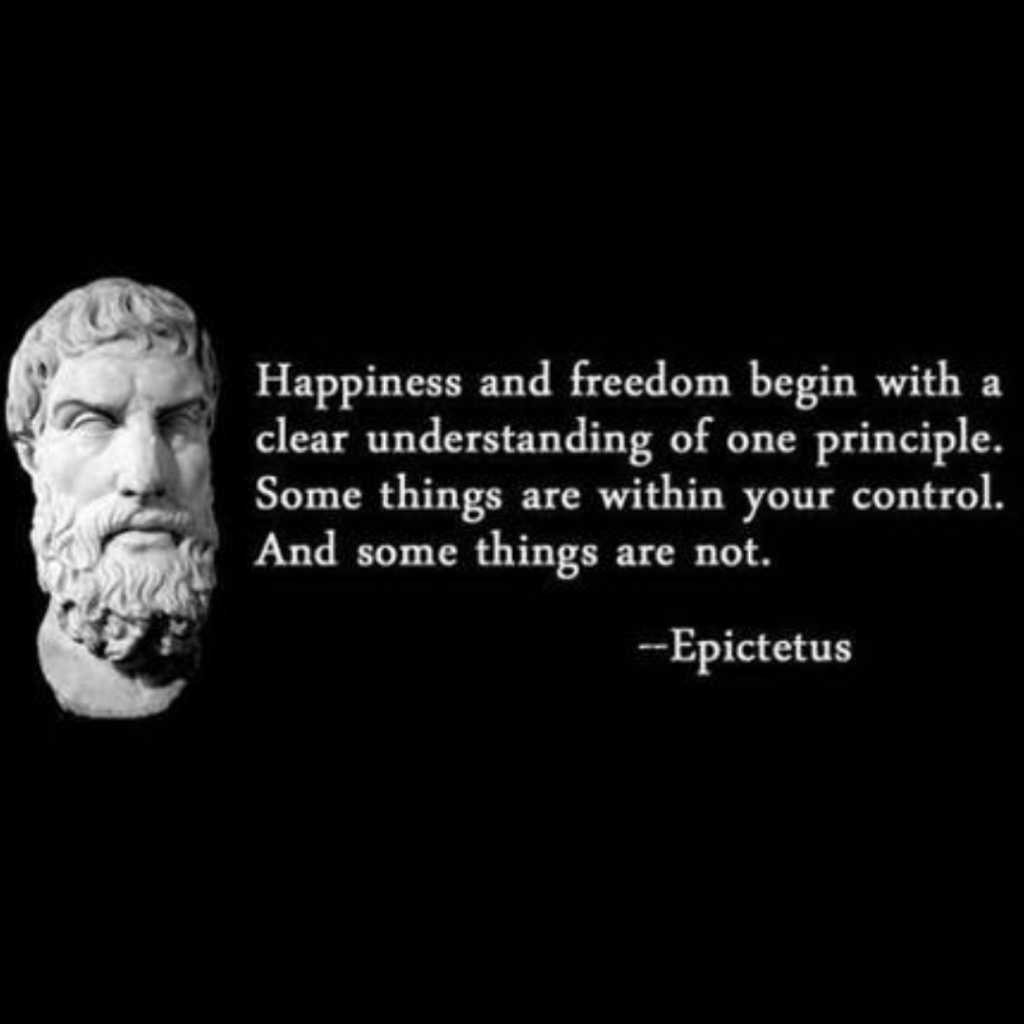On Suffering.

“I judge you unfortunate because you have never lived through misfortune. You have passed through life without an opponent—no one can ever know what you are capable of, not even you.” —Seneca
It seems appropriate to begin this year with a note on suffering as we have closed one of the most challenging and bitter years that many of us have ever seen and we begin this new year not without fresh new challenges.
Despite the intense emotional pulls that we are all subjected to and the way suffering is weighed and appropriated, assigned and politicized and panicked and stressed over, it is nonetheless here, for each and every one of us.
What is suffering then? Working actively as a psychotherapist I assess suffering on an individual level. Someone will contact me and together we will look at how their unique suffering is expressed in their life. Usually it is clear, there are symptoms, there are sleepless nights, there are fights, self-harm etc. and happiness, creativity and productivity are all inhibited.
The ancient philosophy of stoicism can instruct us greatly. The philosophy is one built on the radical acceptance of suffering as a fact of life, and that not one person can escape from it, no matter your race, gender, sexuality, class or nationality. Every person will be confronted with unfair and brutal difficulties that we can not foresee or forgo. The only thing we can control (and from which we can derive meaning and personal satisfaction) is our reaction.
Stoicism is a philosophy that promotes resilience and empowers an individual to choose one’s reactions. It is also central to our development as human beings, that without suffering we can never truly find the best in ourselves and experience true happiness.
The psychotherapeutic endeavor can also echo this philosophy. We cannot change what has happened to us, but we can change how we see it, how we treat ourselves, and how we move forward. Oftentimes, when people begin psychotherapy treatment, they have never even looked at what might be causing their suffering in the first place. Why? Because it requires pain and sacrifice. Pain to face the truth of what is bothering you and sacrifice because you have to give up the quick fix approach of believing nothing is really wrong and spend some real time and hours to get to the bottom of things. This is the great irony, by addressing your suffering, you reduce it, you make it visble, manageable and meaningful.
No tree can grow to heaven unless its roots reach down to Hell –Carl Jung
The Stoics therefore provided something useful. We cannot get rid of suffering, although we can reduce unnecessary suffering, or the suffering that we could avoid through wise choices, but we can choose how we react to it. By working on our suffering and becoming aware, we also reduce the risk of increasing our suffering further.
Through suffering we gain courage, moderation, wisdom and justice, all stoic virtues. Without these virtues we cannot find any meaning, and meaning has a sustaining value outside of just getting what you want or need.
There is suffering that we simply cannot change, this is the fact of life. However, there is suffering that can be transformed and healed. We can find sustaining meaning despite the suffering that we have endured, but we have to have the courage to face it.

